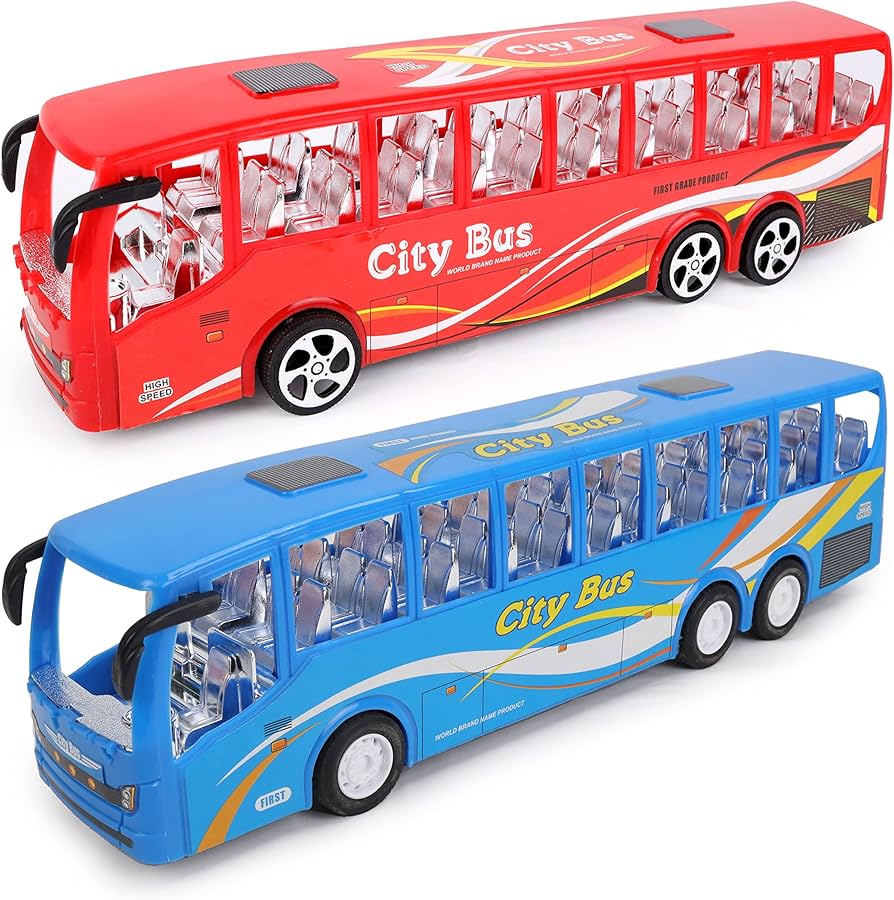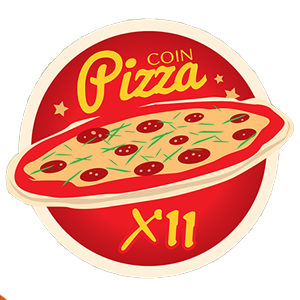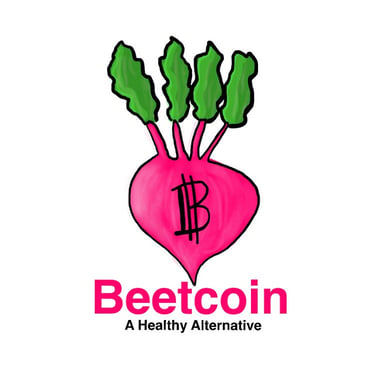Ethereum Scaling Solutions: Rollups Explained Part Two
Explore Ethereum scaling solutions using the analogy of 'buses' (rollups) decongesting a 'freeway' (Ethereum network). Learn how optimistic and zero-knowledge rollups improve transaction efficiency, their strengths and weaknesses, and their future implications for decentralized applications.
TECHNICAL
11/23/20242 min read


Optimistic and ZK (zero-knowledge) are L2 scaling solutions. They work to rollup transactions to compact the network traffic on the Ethereum blockchain. This is done by doing the computational work off-chain and then publishing the transaction results on-chain, taking up much less precious Ethereum blockspace. This also has the benefit of utilising the strong security of the Ethereum blockchain
The transactions can be compared to passengers wanting to get across town using a freeway, normally they would use their own car, but due to the freeway becoming busy, tolls have been implemented, this can be thought of as higher fees for completing a transaction due to limited block space. So many people decide to take the bus instead, so in the case of using the Ethereum blockchain, this would utilising L2 solutions including Optimism, Arbitrum and Polygon to name a few. These different L2 protocols can be thought of buses travelling on the Ethereum network or "freeway" and increasing its throughput
On the Optimistic bus, passengers boarding the bus are sorted onto the bus alphabetically by the bus driver, we optimistically assume that the bus driver has done a superb job and proceed with the journey. This alphabetical sorting analogy can be described through rollups as making sure the block is validated. For a time period anyone can verify if the bus driver did the sorting correctly and if they can prove that the passengers are not in alphabetical order (block is invalid), the bus will return to the departure point and drop off the passengers to be resorted so they can get to their destination and if the bus has already reached its destination, it will collect the passengers and return back to the terminal. The person or software that found this sorting error will receive a reward and the bus driver will be fined
On the Zero-knowledge bus, the driver must provide a validated proof that each passenger on the bus has been placed in Alphabetical order before the bus can depart the terminal and enter the freeway. In this case we do not trust the bus driver and proof must be provided ensuring each passenger is in the correct spot prior to departure. The
When comparing ZK and Optimistic rollups, ZK rollups are more efficient at compacting transactions than Optimistic rollups, due to their ability to compact the data into ZK-snark proofs reducing the on-chain computation. Both are great ways to reduce network traffic on the Ethereum blockchain.
"Trust but verify" - Satoshi Nakamoto
Get in Touch
We'd love to hear from you! Reach out for questions, feedback or other enquiries
Reach
info@bitesizedblockchain.com
Bite Sized is not affiliated with these brands in any way





Grab your daily web 3 byte
